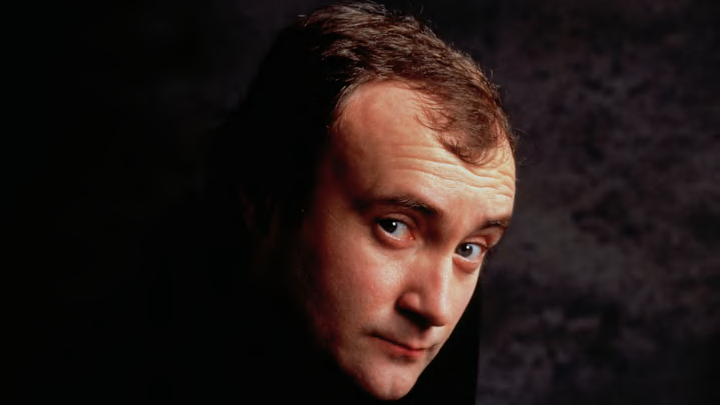Other sensitivities and content can trigger a ban too
“My Generation” - The Who
This record faced up to an initial ban by the BBC in the UK when released in 1965. It wasn't exactly about the lyrics and more about how they were sung. “Why don’t you all f-f-fade away” sang Roger Daltrey, just one of a few lines which had that hesitant stutter in them. The BBC was concerned about offending those who did suffer from stuttering and stopped airplay for a while, repenting once it was clear the song was going to be a big hit anyway.
“Lucy in the Sky With Diamonds” - The Beatles
Drug-taking references are another reason why some songs faced bans. The BBC must have had nightmares then when The Beatles Sergeant Pepper album came out. They put a block on this for perceived drug references and that LSD acronym in the title.
But they also blocked other songs from the album too. “A Day In The Life Of” had a line “I’d love to turn you on” which went on their drug-related ban list. As did “Being For The Benefit Of Mr Kite”, for its reference to Henry The Horse which the broadcaster feared was referring to heroin. John Lennon later revealed it was just a name he’d taken from an old Victorian circus poster he’d seen.
“Paper Planes” - M.I.A.
Background sounds in a song recording can be another trigger point, in more ways than one. However in this case it was quick and specific censorship of the relevant sections rather than a complete ban. MTV and the Late Night With David Letterman TV show noted references to weed or cannabis and also heard gunshot sounds in the chorus of this song. Both were altered or covered up to allow the song to be broadcast.
Despite the many controversies, bans, and censorship the music lived on. Often the media and establishment efforts were in vain. At times a ban accelerated a record’s rise to the top. We should definitely let the music play!
